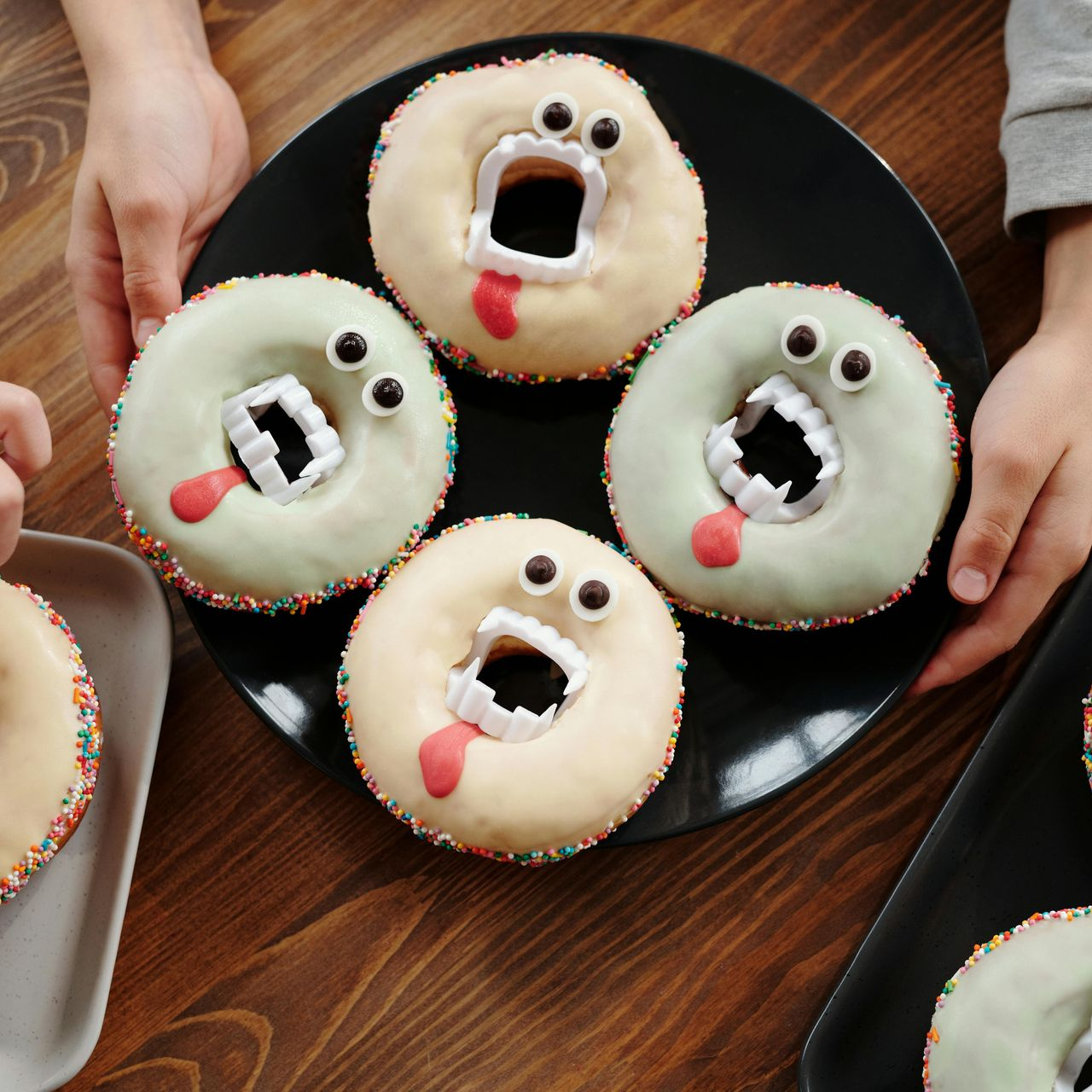The American Academy of Pediatrics Advises Parents Experiencing Stress over COVID-19
April 7, 2020

The American Academy of Pediatrics today advises parents facing stressors over COVID-19 to practice self-care, to reach out to others for help, and to use healthy discipline techniques, such as time-outs.
The Academy acknowledges the financial, emotional and other stresses that parents face as the number of coronavirus cases rise and many families spend long periods of time isolated at home. Research has found that when families are stressed, children are at an increased risk of being abused.
Caregivers should be sure to take care of themselves physically: eat healthy, exercise, and get enough sleep. Parents and caregivers also should maintain important connections to friends, family, and others in their community who can offer a critical support network by phone or video.
“During this time of understandable anxiety, give back and reach out to other parents when they need support,” said AAP President Sara “Sally” H. Goza, MD, FAAP. “If someone calls you frustrated about a crying baby or screaming toddler, offer to help.
Children may show signs of increased stress, which can lead to more frustration for the entire family, too. Building on the Academy’s updated discipline policy issued last year, the group recommends the following techniques:
- Engage your children in constructive activities. Bored or frustrated children are more likely to act out. Many children have had their lives disrupted. They are out of school, and they can’t play with their friends.
- Help them with their fears. Children who are old enough to follow the news may be afraid, for example, that they or their parents are going to die. You can acknowledge the fear, and discuss all the things you are doing to stay healthy, such as washing hands and staying home to avoid germs.
- Call a time-out. This discipline tool works best by warning children they will get a time-out if they don't stop, reminding them what they did wrong in as few words―and with as little emotion―as possible, and removing them from the situation for a pre-set length of time (1 minute per year of age is a good guide).
- Know when not to respond. As long as your child isn't doing something dangerous and gets plenty of attention for good behavior, ignoring bad behavior can be an effective way of stopping it. Ignoring bad behavior also can teach children natural consequences of their actions. For example, if your child keeps dropping his food on purpose, he soon will have no more crackers left to eat.
- Catch them being good. Children need to know when they do something bad—and when they do something good. Notice good behavior and point it out, praising success and good tries. This is particularly important in these difficult times, when children are separated from their friends and usual routines.
- Give them your attention. The most powerful tool for effective discipline is attention—to reinforce good behaviors and discourage others. Remember, all children want their parent's attention. When parents are trying to work at home, this can be particularly challenging. Clear communication and setting expectations can help, particularly with older children.
According to the AAP, spanking, hitting, and other forms of corporal punishment can increase aggression in children in the long-run and do not teach children to behave or practice self-control. In fact, research shows it may harm the child and inhibit normal brain development. Corporal punishment may undermine the feeling of safety and security of home, which are particularly needed now.
The Academy also cautions caregivers never to shake or throw a child, which could cause permanent injuries and disabilities and could even result in death. The Academy recently issued an updated policy for pediatricians on identifying, treating and preventing abusive head trauma.
Tips for calming a fussy baby and advice for caregivers who have reached a breaking point can be found here. If you have a friend, relative or neighbor with the new baby at home, think of ways you can reach out to provide emotional support or practical tips, even during the current period of isolation.
“Sadly, about 5 children die every day in America from abuse and neglect,” said Robert Sege, MD, PhD, FAAP, a child abuse pediatrician and member of the AAP Council on Child Abuse and Neglect. “No doubt, we are worried about the financial and emotional stress this pandemic is placing on families, especially the most vulnerable. Call your pediatrician. Call your close friend, relative, or faith leader. Call someone if you fear snapping.”
In addition to reaching out to others for help, the Academy recommends parents facing acute stress try to take just a few seconds to ask themselves:
- Does the problem represent an immediate danger?
- How will I feel about this problem tomorrow?
- Is this situation permanent?
In many cases, the answers will deflate the panic and the impulse to lash out physically or verbally at children.
“Positive, nurturing relationships are so important for children as they develop, and parents and caregivers also need support - especially during times of uncertainty and stress like we’re in now,” said Suzanne Haney, MD, FAAP, chair of the AAP Council on Child Abuse and Neglect. “Everyone can play a role within their own family and in their network of friends and neighbors to support the most vulnerable among us.”

Growing pains are most common in children ages 3–12, especially during periods of rapid growth. While the exact cause isn’t fully understood, many doctors believe they are related to increased physical activity and the stretching of muscles and tendons during growth spurts, not growth of bones themselves.

Thanksgiving is a cherished tradition, an opportunity to gather with family and friends to celebrate gratitude for the many blessings in our lives. Whether you're traveling to visit relatives or hosting a festive dinner at home, preparing for Thanksgiving can be a joyful yet daunting task, especially for parents.








